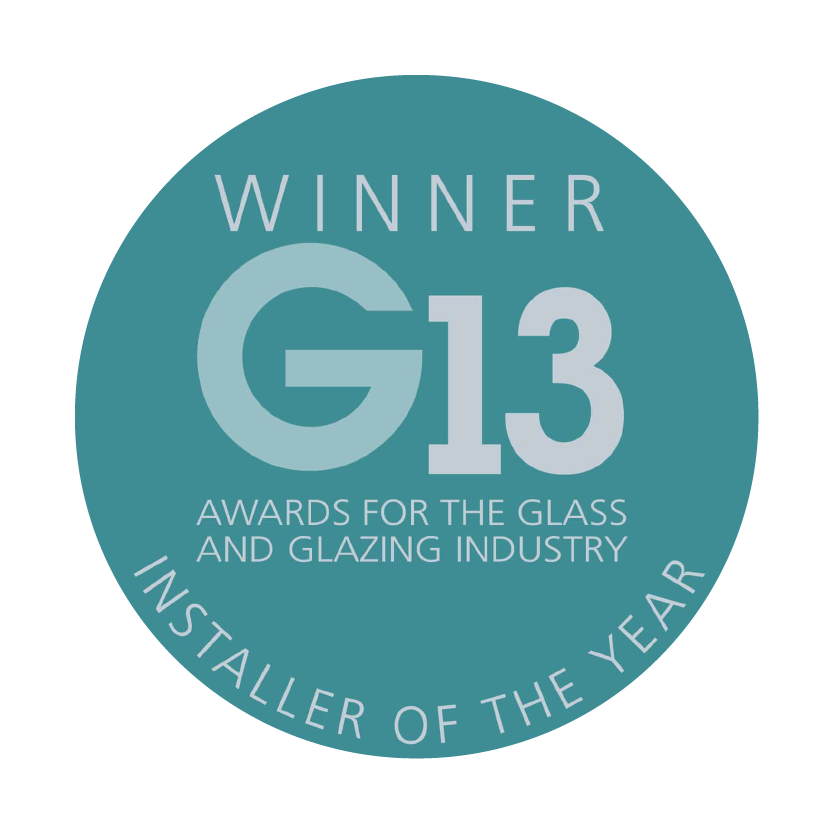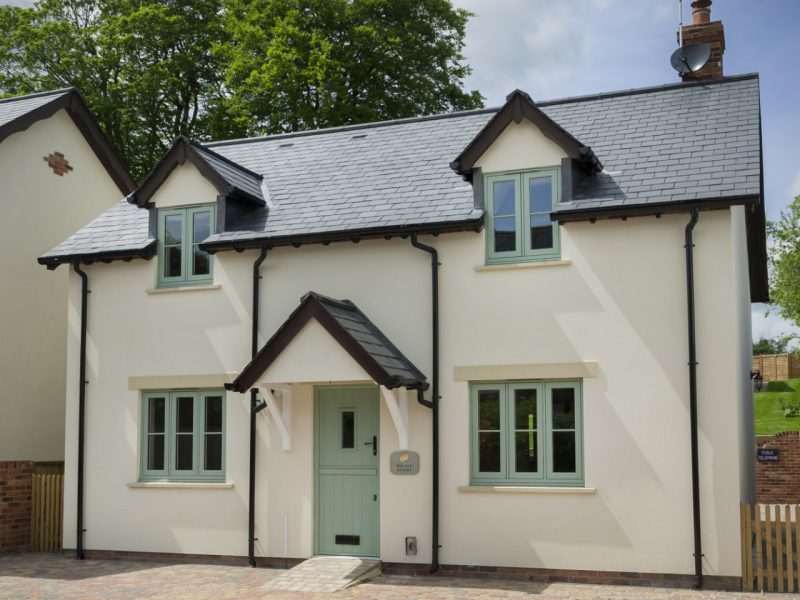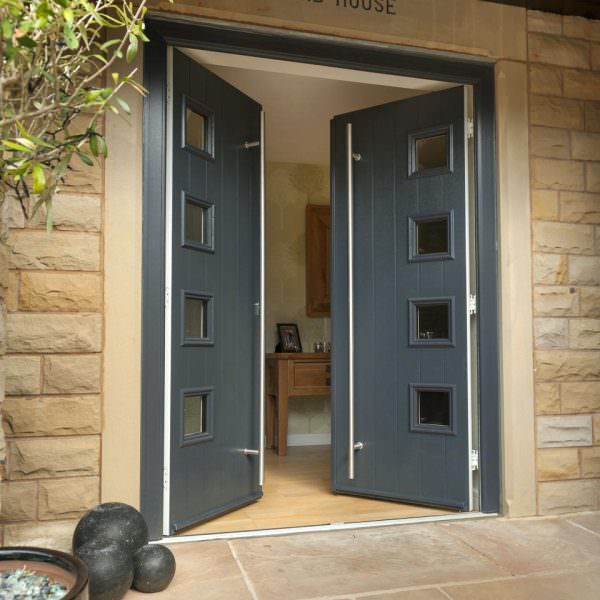
Timber - PVC - Aluminium - Windows, Doors & Conservatories in Dorset
How can I improve the energy efficiency of my home this winter?
How can I improve the energy efficiency of my home this winter?
In October UK inflation hit the three per cent mark – driven for a large part, by rising energy prices. With the average energy bill for a three-bedroom house already topping £1,066, with around 40% of that cost run up in the winter months, it makes the annual savings by insulating your home now, going into winter far greater.
So, what can you do to get your winter heating costs down?
How much money could loft insulation and cavity wall insulation save?
Loft and cavity wall insulation are your first starting points. Professionally installed loft insulation for a typical three-bedroom, semi-detached house with gas central heating will save you up to £180 per year.
Meanwhile around a third of heat lost from your home will escape through your walls. According to the Energy Saving Trust on a three-bedroom semi-detached home, this could run to as to as much as £160 or £275 per year on a four-bedroom detached property.
How can I insulate my home if I don’t have cavity walls?
Not everyone has cavity walls. One in five UK homes was built before 1919, in most cases, out of solid brick or stone. This makes them ‘hard-to-treat’ for energy efficiency. There are options, however, still available but come at higher cost. External wall insulation can help you to cut your heating bills but it may materially alter the appearance of your home, which means it may not be suitable if your property is in a conservation area. Internal wall insulation is an alternative but again, is a more complex option. As a starting point, you lose space inside your home, it’s also a disruptive process because rooms must be cleared. Internal wall insulation (as with cavity wall insulation) can also cause problems down the line with damp because you’re in effect materially changing the construction of your home.
How much could new energy efficient windows save me?
According to the Energy Saving Trust after energy leaking roof space and walls, windows account for around 20% of the heat lost from your home, which means that if you haven’t already done so, replacing them could pay back dividends in the long run.
Energy efficient windows and doors can cut this heat loss by up to 75 per cent. In a detached three-bedroom home, according to the Energy Saving Trust, this can equate to an annual saving over and above single – and in many cases, older double-glazed windows – of up to £160 a year in heating bills.
How do energy efficient double glazed and triple glazed windows work?
Glass
Glass is the single most important factor in defining the energy performance of your new windows and doors. Our glass supplier Pilkington, is at the leading edge of innovation.
All of the double and triple-glazed glass units that we supply use smart low-e coatings on glass – a one-way door for trapping and holding energy. We also use warm-edge spacer bars, which separate the sheets of glass in double and triple-glazed units to put ‘space’ between the cold air outside and warm air inside. This cavity is filled with argon gas. It’s completely inert in the environment and you can’t see it but because it’s denser than air, it creates a highly effective insulating barrier, helping to keep your home warm and cosy on event the coldest of days.
Window framing material
The thermal efficiency of your new windows or doors will also be defined by your choice of framing material. Aluminium is the least efficient and while timber fares better.
It’s PVC windows, however, that deliver the best levels of energy efficiency. Our PVC-U windows feature an internal ‘honeycomb’ multi-chamber system, which create a series of thermal barriers between the warm air inside your home and cold air outside of it.
What are the alternatives to double-glazing?
Energy efficient double and triple-glazing are a great way of keeping your home warm this winter but they may not be suitable for all properties. If you live in a Listed Building or Conservation Area there may be restrictions on what you can and can’t do, for example.
But while it may not be quite as straightforward, you can still make significant improvements to the energy efficiency of your home. “A new generation of energy efficient windows and doors, delivers far better performance today than even double-glazed products installed a decade ago”, says Mark. He concludes: “They will also deliver a stack of benefits including improved security features which older windows and doors just don’t have.”
Secondary glazing
Secondary glazing is a great solution if you want to keep original sash windows but still achieve a high level of thermal efficiency but it also delivers lots of other advantages, offering maximum sound proofing and enhanced security.
It allows you to add a second slim-line window to the inside of your existing window, manufactured either as timber secondary glazing or aluminium secondary glazing.
Sound insulation
And secondary glazing isn’t just about energy efficiency. The right specification also delivers a really high level of sound insulation. To find out more, visit our dedicated secondary glazing page.
Conclusion
There’s ultimately no ‘magic bullet’ which on its own is going to transform the thermal efficiency of your home, it’s about a combination of measures, all of which will have an impact, reducing your heat loss, cutting your home energy bills.
Insulation of your loft space is the universal starting point. Cavity wall, external or internal wall insulation can all help but won’t be right for all property types and can come with a sting in their tail.
New energy efficient windows and doors, like loft insulation, will be right for the vast majority of UK homes and where there are restrictions in place, secondary glazing provides a very effective alternative solution.
*KJM Group supplies an extensive range of low maintenance and energy efficient windows and doors, throughout Hampshire, Dorset, and Wiltshire. This includes secondary glazing, casement, tilt and turn and vertical sliding windows and doors in PVC-U, timber and aluminium and energy saving triple-glazed windows with U-values as low as 0.66W/m²K.
For more information on our range of energy efficient windows and doors please don’t hesitate to call or email me or the sales team on 01264 359355 or [email protected].













